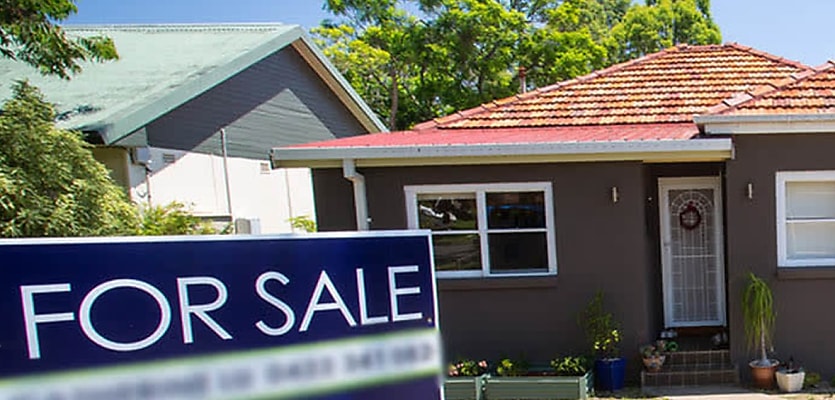Half of Australian property investors sell their rental properties within the first two years, despite a study showing that long-term holding is more likely to build wealth.
A new study has shown that Australian landlords tend to sell rather than hold their investment properties, with over 20 per cent of landlords selling within a year, and more than half of investors holding for only two years.
In comparison, only one-third of landlords hold their investment properties for over 20 years.
The research by the Australian Housing and Urban Research Institute (AHURI) and Curtin University examined investors’ behaviour, including their motivations for selling or retaining their investment properties.
Lead author Dr Ranjodh Singh from Curtin University said landlords who can retain their investment contribute to the success of securing long-term housing.
According to the study, in 2021, 9 per cent of the population or 2.2 million Australians were landlords, representing a small increase from the 7 per cent in 2001.
The data showed that Australian investors have been following two distinct portfolio strategies: short-term investment or long-term holding, with the latter more likely to build wealth.
Nationwide, 55 per cent of all rental investments are held for two years, 28 per cent of investors for a medium term of two to six years, and 17 per cent for over six years.
The study found that 22 per cent of rental properties are sold within the first year, while only 28 per cent of landlords still hold their investment after 20 years.
Predictably, landlords who can hold onto their investments are typically in their late 40s to early 50s, married, employed full time, and have higher incomes and home ownership rates compared to the general population.
In comparison, investors aged between 25 to 34 are the most likely to purchase rental properties and sell them in the first couple of years.
Women who are unemployed or earning low to moderate incomes are also more likely to sell their investment properties rather than retain them.
“The evidence suggests that either they are more willing than older groups to cycle in and out of rental property investment or that they are more susceptible to becoming financially stretched and are forced to sell,” Singh said.
According to the study, fundamental life changes have prompted landlords to sell their investment properties, including marital separation, loss of income, mortgage repayment on owner-occupied properties, and a lack of post-secondary education.
“It is landlords who have weaker economic positions, or whose economic circumstances change after acquisition, who tend to be subject to shorter rental investment spells or who dispose of their investment,” the report authors said.
The report highlighted that favourable economic conditions encourage rental property purchases, while higher rental yields reduce the likelihood of selling; with every 1 per cent increase in yield, the odds of selling decrease by 8 per cent.
“Landlords continue investing if market conditions offer them a sufficient rent relative to their property values.”
Study authors also found that negative gearing has provided landlords with strong incentives to retain their rental properties for longer and avoid selling.
Although the cost of holding a property and the rental income don’t affect short-term sales, they do influence how long landlords keep their investments.
To counteract the high number of landlords selling their properties, the study authors recommended implementing educational programs, especially for investors without a post-secondary education.
They also recommended that strong financial assessments and lending standards are crucial to ensure buyers can maintain their investments.
While tax incentives currently encourage landlords to hold properties, reducing these benefits could impact long-term investment and lead to reduced rental affordability.
“Landlords who are ill-positioned to retain their rental investments for long can disrupt the supply of private rental housing, with potentially negative impacts on tenant affordability and security” Singh said.
ABOUT THE AUTHOR








You are not authorised to post comments.
Comments will undergo moderation before they get published.